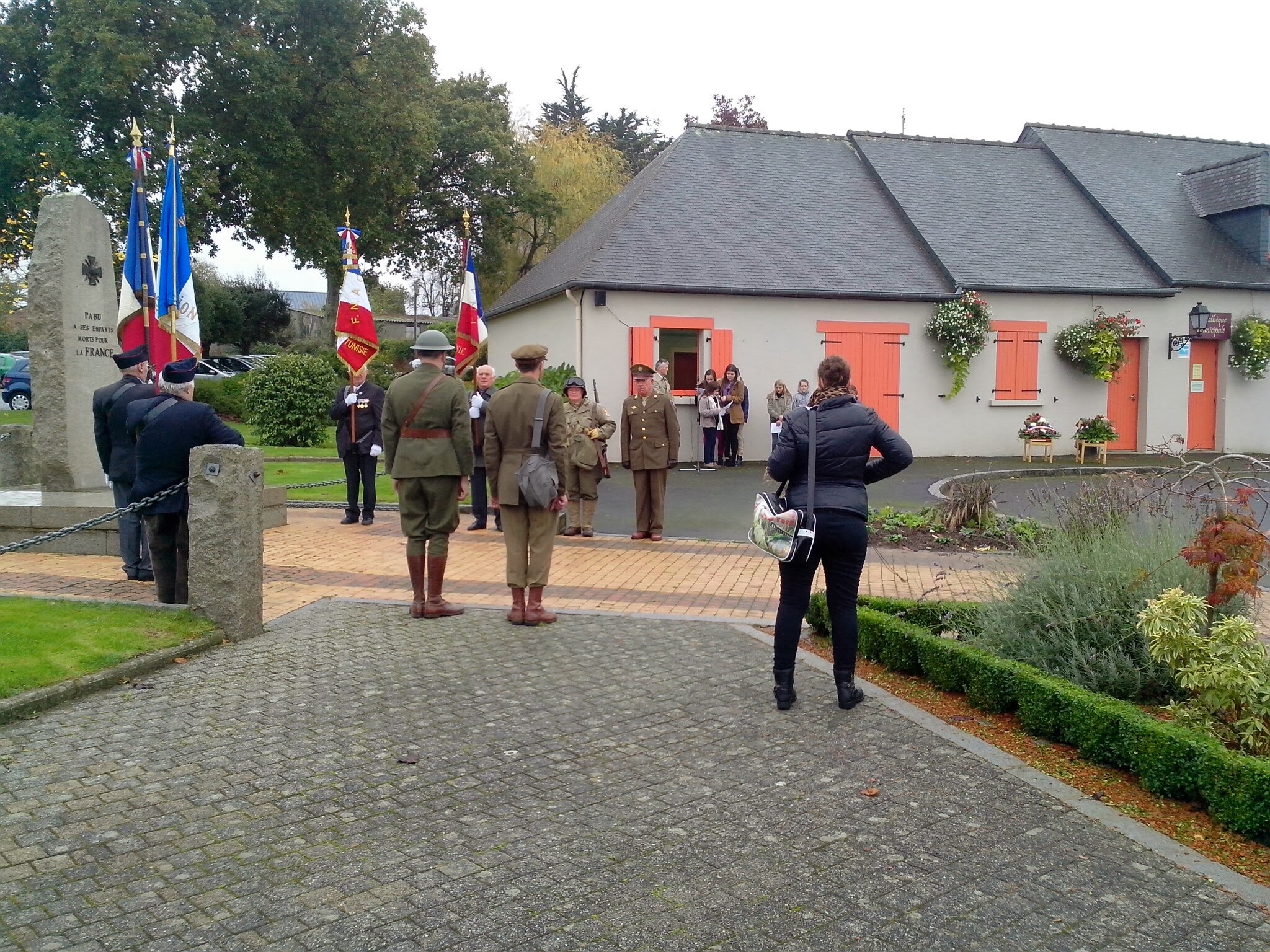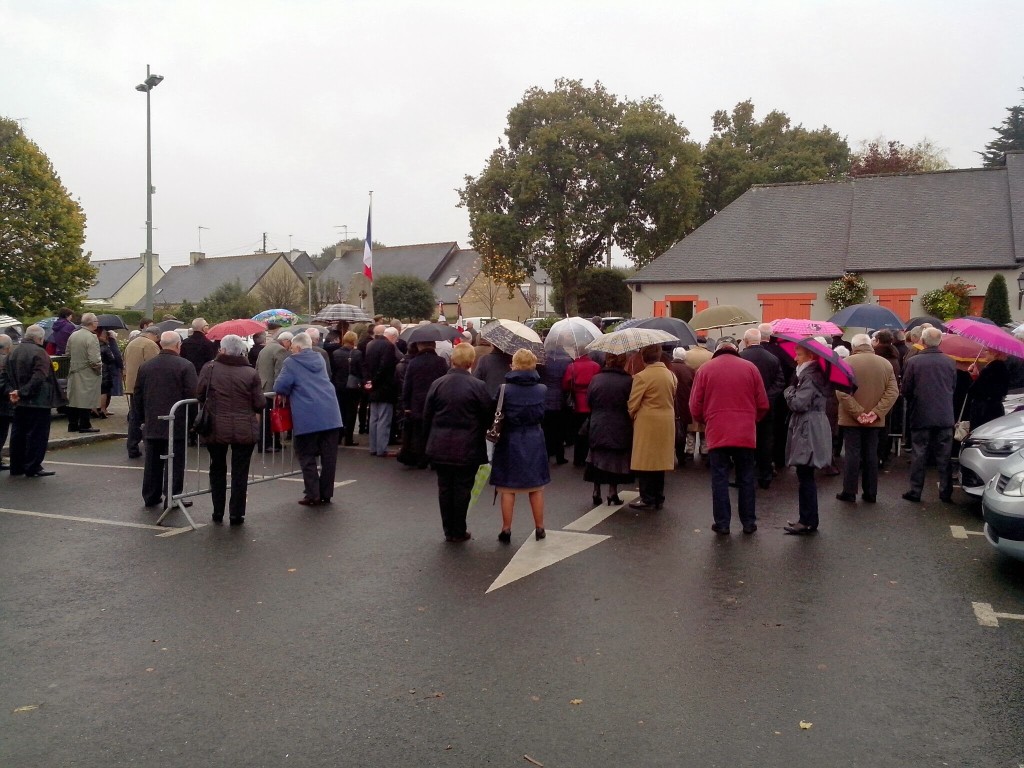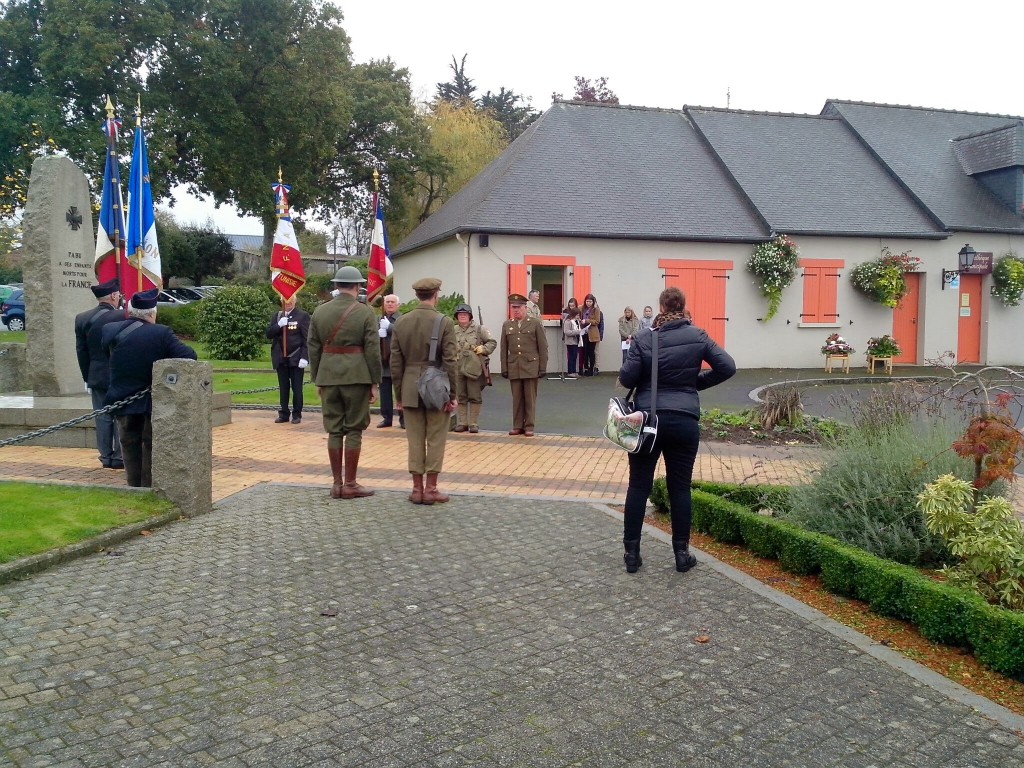In recent weeks, we have watched the French version of the Island. It gives a good insight into our individualistic culture, and how it influences the church. French church life is strangely similar to this show.
The Island is a reality TV show where a group of 15 men or 15 women are left on a tropical Island with minimal equipment and knowledge. They must survive for 28 days. Each member of the team can choose to leave when they want. It is not a competition where the strongest stays at the end. The goal is that the team works together and finishes the experience.
A rejection of all forms of structures
One thing that struck me is that the teams refuse all forms of structure. Each time someone comes out as more competent than the others to lead the team, he must quickly face the rebellion of some members of the team: who are you? Who appointed you as our leader? Very quickly, factions arise. The men’s team separated in two groups a few days after the start of the experience. The women are a doing bit better, but not much.
French Christians also are suspicious of leadership and structures. Even when someone’s gifts have been recognised by the church and the person has been elected by the majority, his authority will be constantly challenged by some who wish the church was some kind of utopia where there is no structure and everyone lives at peace. If you are a pastor or an elder, you have to make sure you do not lead. The diversity of church backgrounds make it difficult to lead anyway. You often find conservative evangelicals, Pentecostals and Charismatics in the same church, and each want to push his/her own agenda, regardless of the others. I suppose it keeps us humble. But in the meantime, not much gets really done, and there are few conversions.
Church is a voluntary organisation
People join the Island on a voluntary basis. Members can opt out whenever they want. On the men’s Island, a young man left after a couple of days. he couldn’t cope with the hunger. On the women’s Island, one of the team members decided that she didn’t want to continue after a couple of weeks. She was healthy, competent and helpful. But the experience didn’t match her expectations. She secretly contacted the production so that she could be picked up the next day.
French people also see church as a voluntary organisation. You choose to join a church, and you choose to leave it if the experience doesn’t match your expectations. It is all very subjective. If you don’t get on with someone, you don’t try to work it out. You simply walk out of the situation, and join another church, or not.
Probably the French administration system is unhelpful here. To be a church you must form an association. You have all sorts of associations in France, all of them voluntary organisations. You can join and leave freely.
And there is that one guy
Then there is the guy who is so proud to say that he speaks his mind. He is selfish and proud. He creates havoc in the team by making all sorts of comments. He thinks it is always helpful to point everything that he thinks is wrong. But it isn’t. The only thing he manages to do is to to isolate himself from the rest of the group. He ends up on his own. The others are wrong, he is right. In real life, he a social worker who works as a mediator, arbitrating conflicts.
I find it disturbing to realise the impact of our individualistic culture on our church lives. The participants of the Island are not Christians, yet, if you look at a church, you find the same worldviews, the same tensions, the same problems.





 The economist thinks that the French economy is a time-bomb at the heart of Europe. French politicians are not happy about it. French people are probably too blind to think objectively. I hope it’s not true. But I think they could have a point.
The economist thinks that the French economy is a time-bomb at the heart of Europe. French politicians are not happy about it. French people are probably too blind to think objectively. I hope it’s not true. But I think they could have a point.